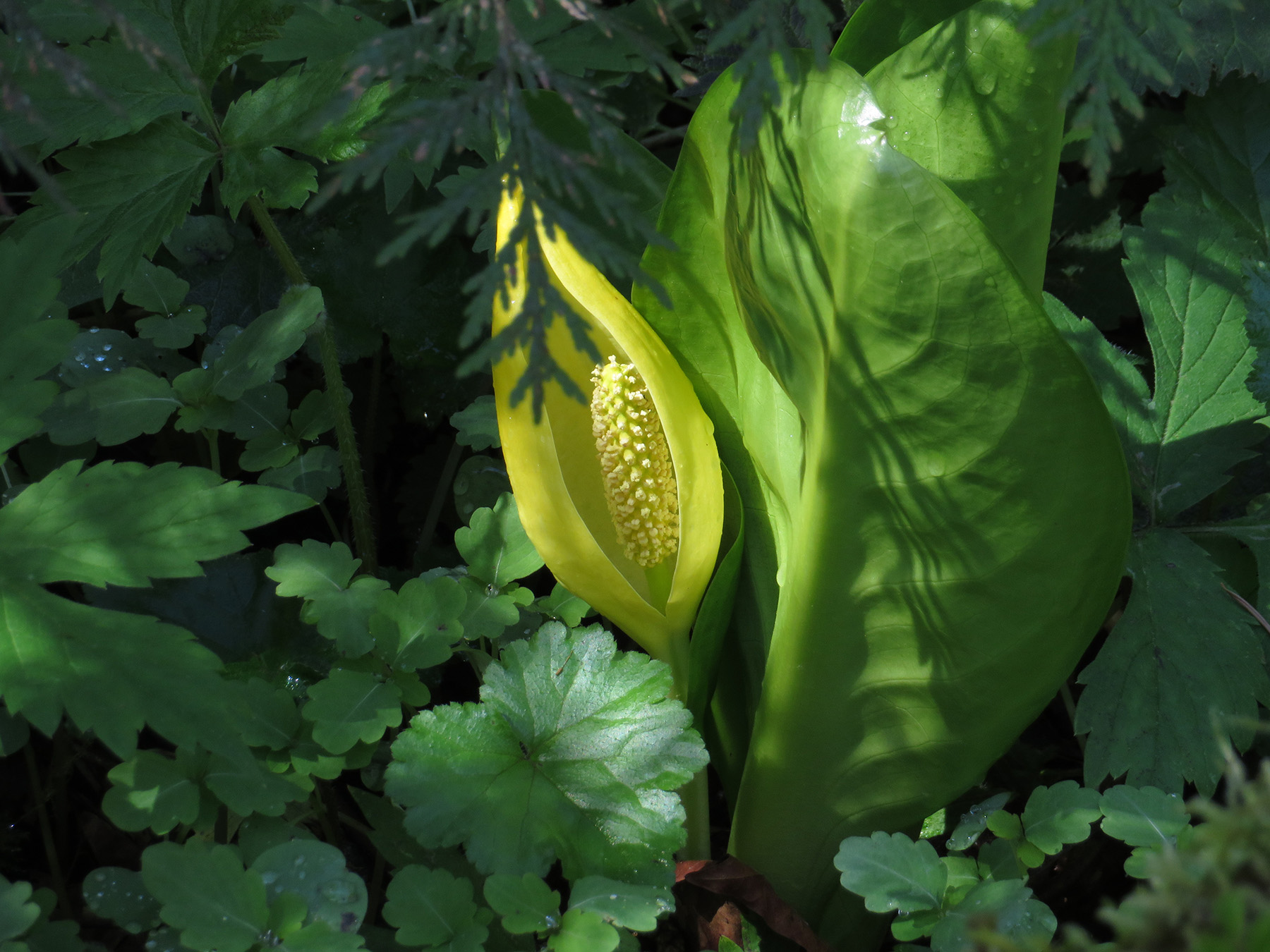Over the weekend, I switched computers from old to new which brought me to the brink of a nervous breakdown. My old programs did no longer run, I had to order new ones in addition to the hardware, figure out changing configurations and face the fact that the forcibly purchased 2020 Photoshop – my toolbox for creating all of my art – did not look or act like the one I’ve been using for the last 8 years. Dropbox is still not working, even my computer whiz – husband is unable to change the ugly font of my mail program. You get the idea.

Neighborhood nature to the rescue, since my walks in state parks, in bird sanctuaries, all my usual haunts are now closed. I brought the camera and today’s photographs depict some scenes from the outing – my gratitude for my surroundings is boundless in these months. As is someone else’s.

*
Plenty of others had the same idea. But overall there was a quietude that was new, and plenty of occasions to watch little wrens, juncos, ravens, and song sparrows daring to be out in the open. First blossoms peeked out of the shrubbery, and the shows had lost their icy edge. The light was glorious, my soul got a good airing.



While I tried to capture some of the beauty, I thought back to a discussion we had last week at home (again). Is there a cost to taking all these pictures? What do we know about photography’s effects on memory? I mean millions of photos are taken everyday, posted on various sites, significant events in our lives recorded. Do we pay more attention to the scene we photograph (which would enhance memory) or less, because we are so preoccupied with getting the shot itself, or presenting a certain view of the world in our postings (which would hurt memory)?



Relatively recent research on this topic seems to indicate that memory suffers. If I have you go through a museum, for example, and ask you either to photograph (with the idea of posting the pictures later) or not, both groups enjoy the experience itself in similar ways. But a surprise memory test a week later reveals that the picture-taking group performs worse in how much and what they remember. People also lack parts of the experience that was non-visual – the sounds, things that were said around them – in their memory banks. This was true for both, controlled studies and those happening in a natural environment.


So, how do I think about that? If I have no recourse to my photos, and my memory is needed to answer questions (in the witness stand, for example,) yes, then it’s a problem. But the gain from sharing my view of the world is enormous, allowing others vicarious joy and experience, and deepen the post-event thoughts through talking about what I saw. In the usual case of being able to see my photos in my archives or an album, they bring back the experience as visual reminders, as faithfully if not more so than any spontaneous recall would. For longer, too, in many instances.


The memory issue, therefore, is not giving me sleepless nights. I am more concerned with what the ever-ready camera at hand does to the moment of the experience. Do you enjoy a walk in the woods if you snap pictures along the way? Are you open to the entirety of the experience, or distracted by a constant search for motive? Can stillness, provided or inspired by nature still happen when you are fiddling with gadgets? The answer, this Sunday, was a resounding YES! The picture taking was secondary, almost an afterthought, when I had delighted in some particular view. For many of the birds I didn’t even raise the camera so I would not frighten them away.


Peace prevailed, and trailed me home. Joy returned when uploading the photos, re-engaging with the forest views. Small blessings in difficult times.

Now if we were in Japan, we could stumble on our hike onto an almost half a mile-long construction, a xylophone that plays Bach’s Cantata 147 in the middle of the forest.
Closer to home, we can just hang out on the porch and listen to this, one of my repeats, I know, but I like to hear it often, for the slavic mix of joy and mourning.






